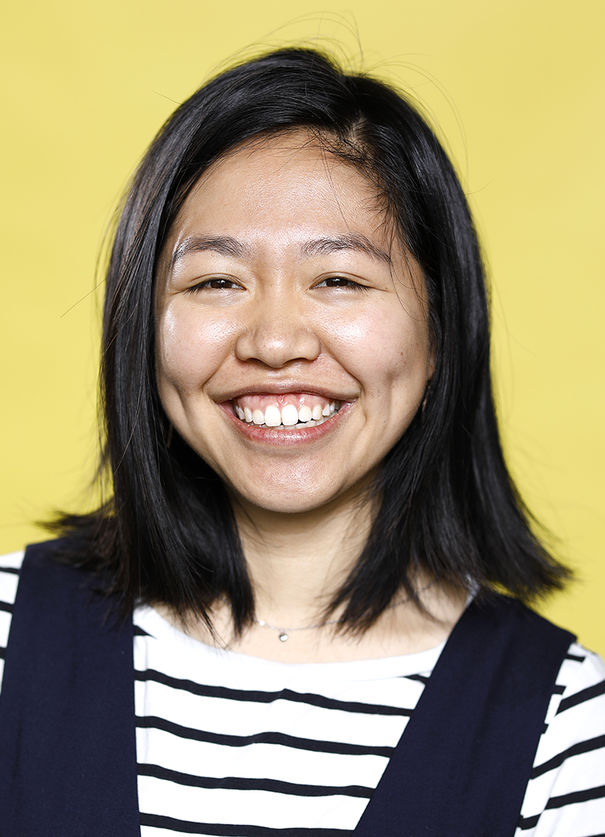The Incomparable Community of Film Criticism
by Debbie Zhou

When I think about film criticism, it’s always intertwined with the experiences of others. The endless void of the digital world can oftentimes feel overwhelming, or seen as a sore spot for its potential toxicity. But growing up, where screens were a constant sight for my set of millennial eyes, it instead became a sacred space where movie obsessions weren’t met with judgement; in turn, they were given a chance to thrive. On the internet, strangers became friends, the bond between us fuelled by a cyber-vocalisation of passions that we sometimes couldn’t express in real life.
Cultivated and niche fanbases became an essential dimension to my understanding of and introduction into the world of cinema; there was Tumblr, with its collages of movie GIFs and beautiful graphics, and then there was a tiny, new movie site called Letterboxd, which carved the space for candid ‘reviews’. With it, the way I watched movies changed: my brain began ticking during screenings, as I made mental notes, and scribbled down physical ones. The curiosity to discover, to learn with others, was infectious. What was so crucial and exciting were the conversations that followed – a reminder that I wasn’t speaking into an echo chamber. These early experiences have unsurprisingly come to inform the way that I approach my role and responsibility as a critic, particularly the dialogue that emerges and flourishes between critics and audiences, critics and filmmakers, and between one another.
Australia’s film criticism scene can feel dire due to the modern state (and financial realities) of journalism, as well as the lack of government funding for the arts more generally. There is, after all, only one full-time professional film critic in the country, and in the small publications that pay, the space for film coverage is limited. That’s why it’s perhaps more wondrous that there’s such a supportive network of critics and editors who do their best given the circumstances, and still generously make an effort to open their doors to new voices. As a wide-eyed aspiring writer, being included in that community and those conversations was hopeful and encouraging; it made it miraculously easier to feel inspired so constantly, and injected invigorated purpose into the craft of writing. I felt it when I met my now life-long friends from Melbourne International Film Festival’s Critics Campus, and I feel it when I band together with them to foster emerging writers at our online publication, Rough Cut.
That community – now having expanded beyond the realms of the internet – continues to be foundational to how I write and think about movies to this day. It’s filled the pursuit of this turbulent, often uncertain path of film criticism with so many moments of joy and enjoyment. The feeling is incomparable, and it’s made all the difference.

